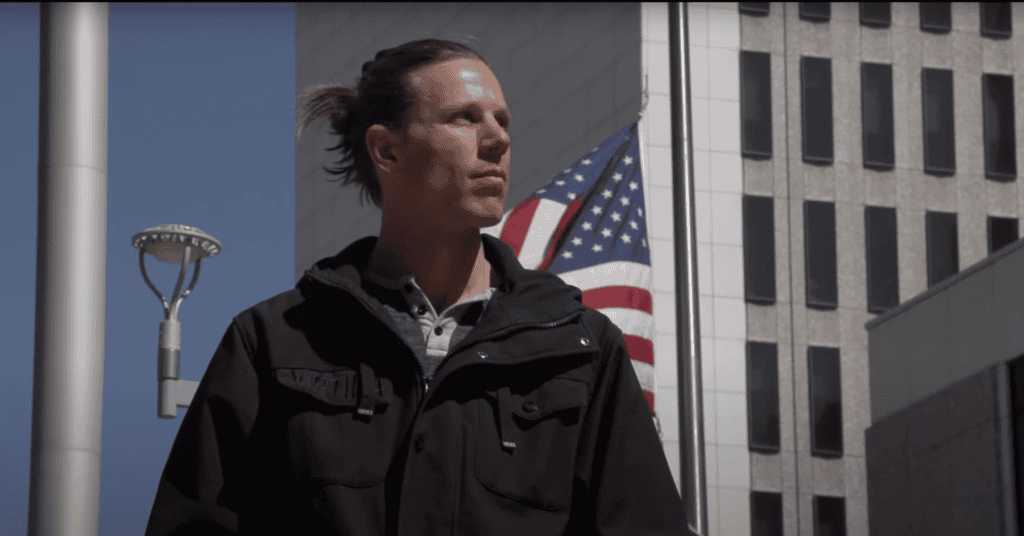Cases
Lesh v. U.S.
CASE: David Lesh v. U.S.
STATUS: Active
NCLA ROLE: Counsel
COURTS HEARD IN: SCOTUS, 10th Cir., D. Colo.
ORIGINAL COURT: The U.S. District Court for the District of Colorado
DECIDING COURT: U.S. Supreme Court
OPENED: December 14, 2021
AGENCIES: United States
FOCUS AREAS:
CASE SUMMARY
Accomplished skier and Virtika apparel company owner David Lesh posted two photographs on his personal Instagram account in April 2020 that depicted a snowmobiler performing a jump at Colorado’s Keystone Ski Resort. The resort on U.S. Forest Service-administered land was closed at the time due to Covid-19. Mr. Lesh’s post did not mention Virtika or promote its products. Nevertheless, a federal magistrate judge convicted him of violating one regulation prohibiting operating a snowmobile outside of a designated route and another banning unauthorized “work activity or service” on USFS lands. Mr. Lesh was sentenced to six months’ probation, 160 hours of community service, and a $10,000 fine.
Mr. Lesh seeks to overturn the snowmobiling-outside-designated-routes conviction by showing that prosecutors failed to show that the Forest Service ever designated where snowmobiling was and was not permitted. His conviction for unauthorized work directly violated his First Amendment free speech right, and it was upheld on the tortured theory that posting the photos meant he was performing commercial activity without proper authorization. He was effectively punished for posting photos on his personal Instagram, which is protected speech.
Both regulations Mr. Lesh was convicted of violating were promulgated under a statute that purports to grant the Secretary of Agriculture practically unfettered legislative authority, violating the Vesting Clause of Article I of the Constitution. That provision places “All legislative Powers” in Congress, so agencies like USFS can only act if Congress provides an “intelligible principle” to guide their application of the law. The statute authorizing the Secretary of Agriculture’s criminal rulemaking provides none.
In July 2024, the U.S. Court of Appeals for the Tenth Circuit overturned NCLA client David Lesh’s conviction for unauthorized “work activity or service” on USFS lands. conviction in July 2024. The Court ruled Lesh couldn’t have known that taking photos on USFS land and posting them on Instagram would violate the rule. While the Tenth Circuit upheld his lack of a jury trial under the petty-offense exception based on Supreme Court precedent, two judges suggested the exception may be unconstitutional and should be revisited.
Because these regulations each carry a prison term of six months or less, Mr. Lesh never received a jury trial, violating his Sixth Amendment rights. The petty-offense exception ahistorically diverges from the right to trial by jury, directly conflicting with constitutional guarantees to criminal defendants. NCLA asked the Supreme Court to hear Mr. Lesh’s case and overturn the petty-offense exception.
In June 2025, the Supreme Court denied NCLA’s petition for a writ of certiorari in this case.
RELEVANT MATERIALS
NCLA FILINGS
Reply Brief of Petitioner
May 23, 2025 | Read More
Brief of Amicus Curiae Americans for Prosperity Foundation in Support of Petitioner
January 16, 2025 | Read More
Brief of Criminal Law Professors Andrea Roth and J.D. King as Amici Curiae in Support of Petitioner
January 16, 2025 | Read More
Brief of the National Association of Criminal Defense Lawyers as Amicus Curiae in Support of Petitioner
January 15, 2025 | Read More
Brief of Amicus Curiae Southern Policy Law Institute in Support of Petitioner
January 13, 2025 | Read More
PRESS RELEASES
Expert Amici Back NCLA Supreme Court Case Against “Petty-Offense Exception” to Jury-Trial Right
January 17, 2025 | Read More
NCLA Asks Supreme Court to Hear Case to Overturn “Petty-Offense Exception” to Jury-Trial Right
December 13, 2024 | Read More
Tenth Circuit Overturns NCLA Client’s Wrongful Conviction Under USFS Regulation for Instagram Post
July 16, 2024 | Read More
U.S. Forest Service Illegitimately Created Crimes, Prosecuted Skier over Instagram Post, NCLA Says
June 9, 2023 | Read More
Influencer Appeals Conviction for Posting Instagram Pic of Allegedly Illicit Snowmobiler on USFS Land
August 23, 2022 | Read More

